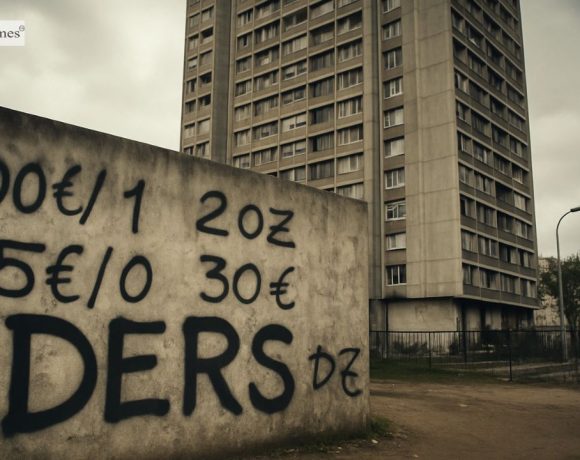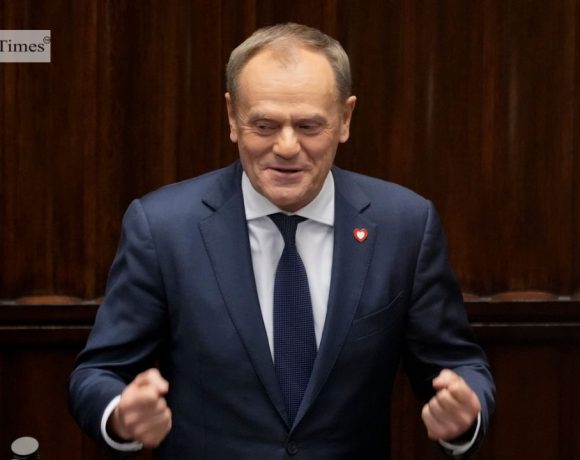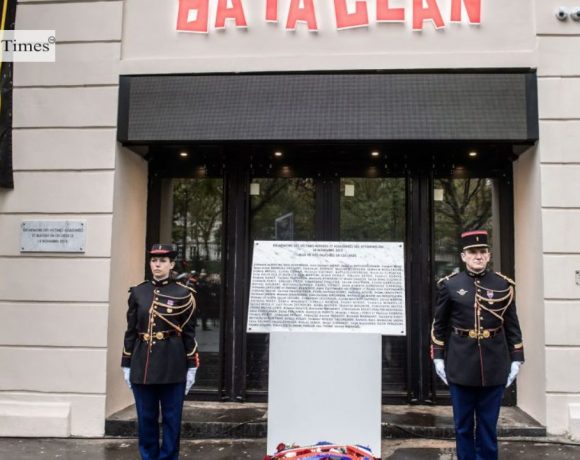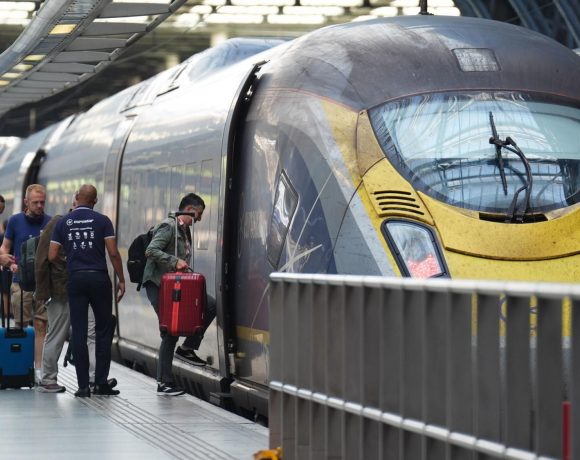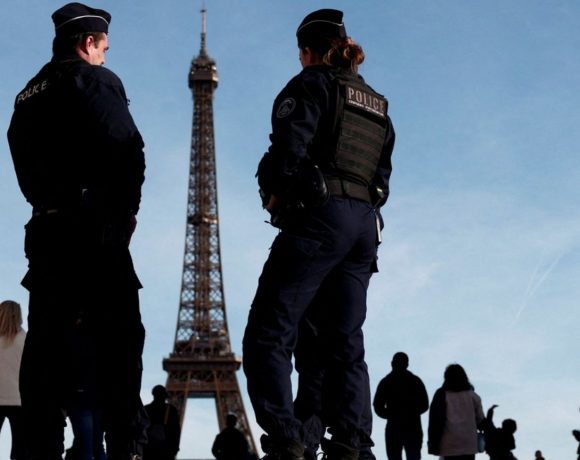
A 23-year-old police officer, identified as Viktoria Shpylka, was killed and 25 others were injured after two homemade explosive devices detonated in the western Ukrainian city of Lviv. According to the National Police of Ukraine, the explosives were hidden in waste bins and exploded shortly after officers responded to a reported overnight break-in at a shop in the city centre. Several officers were among the injured, with some reported to be in serious condition.
Ukrainian authorities described the incident as a terrorist attack and quickly detained a 33-year-old suspect from the Rivne region. President Volodymyr Zelensky confirmed the arrest and said investigators believe the suspect acted on instructions from Russian special services. Officials are continuing efforts to identify possible accomplices, while prosecutors have opened a terrorism investigation into the deadly attack.
The bombing comes amid ongoing conflict between Ukraine and Russia, as the country faces intensified missile and drone strikes ahead of the fourth anniversary of Russia’s full-scale invasion ordered by Vladimir Putin. Ukrainian officials reported dozens of aerial attacks targeting infrastructure and residential areas, highlighting continued security threats as Russia maintains control over parts of Ukrainian territory, including the annexed region of Crimea.
Pic courtesy: google/ images are subject to copyright

